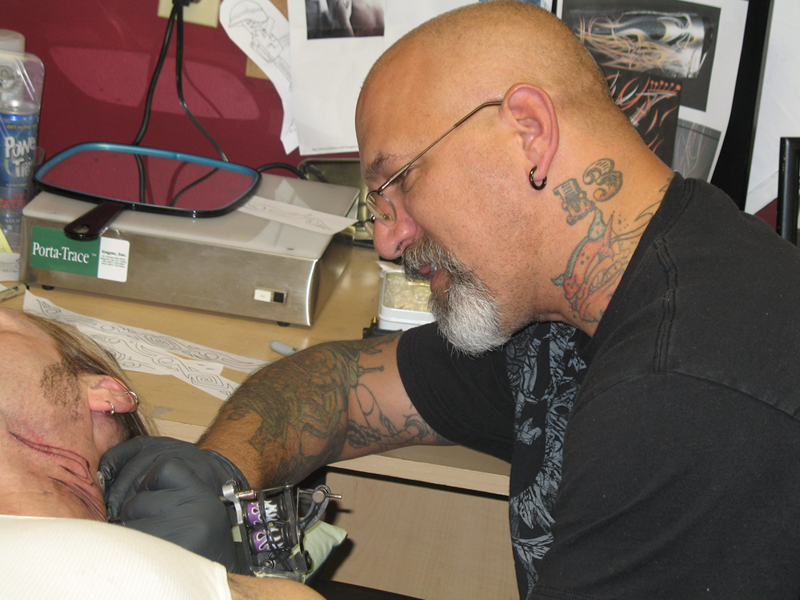 A Turkish small business has used the barcodes to filter out applicants who aren’t accurate enough.
A Turkish small business has used the barcodes to filter out applicants who aren’t accurate enough.
An upscale tattoo business in Istanbul has launched a hiring campaign that uses QR codes to help to test an individual’s accuracy, even before he or she is allowed to actually apply for the job.
The print ad barcodes were used as a unique and innovative strategy to stop sloppy artists from applying.
The typical application process for a tattoo artist would involve filling in the form, having an interview, and performing a test to make sure that he or she is adequately skilled. However, this can lead to a lengthy, uncomfortable, or even angry process as there are far more people who apply for the job than are actually up to the standards of the business. Some of this struggle has been overcome through the use of QR codes.
The tattoo artists who wanted to apply were required to fill out blank QR codes in the print advertisements.
The tattoo business, Berrge Tattoo, hired Istanbul based marketing agency, BÜRO, in order to help to create the smartphone friendly campaign. It integrated the use of a print ad, QR codes, and the innovative website to add an additional important step to its hiring process. The result was highly creative and completely unique.
The QR codes within the ad, itself, became a central part of the hiring process. There were blank barcodes printed in flesh color in the ad, which were required to be completed in order to make it possible to scan them with a smartphone using a scanner app. Scanning a properly completed barcode directed the individual to the application form for the position. However, if the task was not completed with enough accuracy, the code would not resolve and the individual would not be able to apply.
This use of the QR codes was very helpful in weeding out those applicants that paid the least attention to detail and accuracy, before the company was even required to receive their application forms or meet them for an interview. As the majority of scanners allow for a 30 percent margin of error, there was still some room to make mistakes, but those applicants would have the opportunity to prove themselves in their interviews and actual tests.

